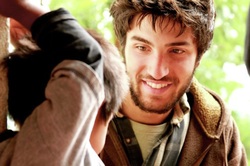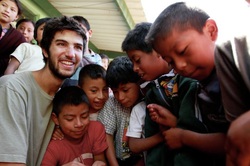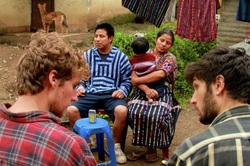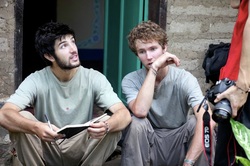I awoke yesterday to a beautiful clear sky and wandered up to Doña Maria’s with a piece of our firewood to reheat my leftover tortillas from the night before. At six in the morning, only Doña Maria and her daughter were up starting the fire and making breakfast. They greeted me warmly and allowed me to spread out my food on their stove. After five minutes I had a warm pile of revitalized tortillas and returned to our house to eat and begin our last day of final interviews.
It makes me smile to look back in my journal and see how worried I was that we would be unable to find the stories that we needed for a documentary. Being a novice to both conducting my own research and to documentary film making I had no idea where to start or what to expect. I am able to smile now because after two months we have conducted in depth interviews with twelve families with various back grounds, all at different levels of poverty. The stories that we have uncovered and the depth of which we have been able to delve into them in such a short period of time has far surpassed my initial expectations.
Without a doubt the only reason that we have had such incredible access to the financial lives of families here is because of the generosity of a couple families in the community. In the first few days Doña Maria’s thirteen year old son led us around to Grameen borrowers homes. Without his help these families never would have welcomed us as they did. We were also quickly taken under the wing of Antony and Rosa, who in age are our peers but already run a successful family. Rosa has shown us the ropes of survival while Antony has served as a personal translator for the families that only speak the local language of Kachiquel. Without their help we still would be getting “gringo prices” at the market and never would have tapped into the poorest of the poor’s stories due to the language barrier.
After eating breakfast, we spent the day at Antony and Rosa’s house filming their final interviews. When a fast moving lightning storm interrupted for a couple of hours we felt comfortable spending the time conversing and laughing over the thundering of the rain on their tin roof. Being able to feel at home in this community has lent itself to the quality of our research and to the power of my own personal experiences. I can only hope that we will be able to weave the stories that we have collected into something as powerful as I have witnessed here. This, of course, is the life goal of any documentarian.
It makes me smile to look back in my journal and see how worried I was that we would be unable to find the stories that we needed for a documentary. Being a novice to both conducting my own research and to documentary film making I had no idea where to start or what to expect. I am able to smile now because after two months we have conducted in depth interviews with twelve families with various back grounds, all at different levels of poverty. The stories that we have uncovered and the depth of which we have been able to delve into them in such a short period of time has far surpassed my initial expectations.
Without a doubt the only reason that we have had such incredible access to the financial lives of families here is because of the generosity of a couple families in the community. In the first few days Doña Maria’s thirteen year old son led us around to Grameen borrowers homes. Without his help these families never would have welcomed us as they did. We were also quickly taken under the wing of Antony and Rosa, who in age are our peers but already run a successful family. Rosa has shown us the ropes of survival while Antony has served as a personal translator for the families that only speak the local language of Kachiquel. Without their help we still would be getting “gringo prices” at the market and never would have tapped into the poorest of the poor’s stories due to the language barrier.
After eating breakfast, we spent the day at Antony and Rosa’s house filming their final interviews. When a fast moving lightning storm interrupted for a couple of hours we felt comfortable spending the time conversing and laughing over the thundering of the rain on their tin roof. Being able to feel at home in this community has lent itself to the quality of our research and to the power of my own personal experiences. I can only hope that we will be able to weave the stories that we have collected into something as powerful as I have witnessed here. This, of course, is the life goal of any documentarian.
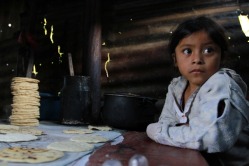
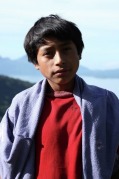
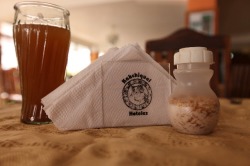
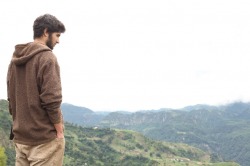
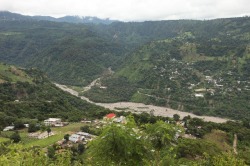
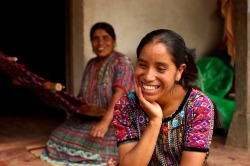
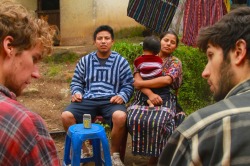
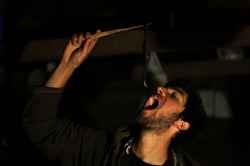
 RSS Feed
RSS Feed
